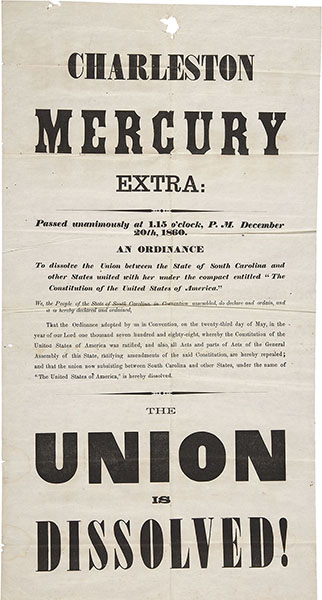"Just like the goddamn winners of the Civil War have distorted real history, huh?" - a question posed by a member of usmb
It always amazes me that defenders of what is called 'The Lost Cause' and the proponents of that cause forget much of the history is written by men born and raised in the South.
The Lost Cause is an interpretation of the American Civil War (1861–1865) that seeks to present the war from the perspective of Confederates and in the best possible terms. Developed by white Southerners, many of them former Confederate generals, in a postwar climate of economic, racial, and social uncertainty, the Lost Cause created and romanticized the “Old South” and the Confederate war effort, often distorting history in the process. For this reason, many historians have labeled the Lost Cause a myth or a legend. It is an important example of public memory, one in which nostalgia for the Confederate past is accompanied by a collective forgetting of the horrors of slavery. Providing a sense of relief to white Southerners who feared being dishonored by defeat, the Lost Cause was largely accepted in the years following the war by white Americans who found it to be a useful tool in reconciling North and South. The Lost Cause has lost much of its academic support but continues to be an important part of how the Civil War is commemorated in the South and remembered in American popular culture.

 en.wikipedia.org
en.wikipedia.org
It always amazes me that defenders of what is called 'The Lost Cause' and the proponents of that cause forget much of the history is written by men born and raised in the South.
The Lost Cause
SUMMARYThe Lost Cause is an interpretation of the American Civil War (1861–1865) that seeks to present the war from the perspective of Confederates and in the best possible terms. Developed by white Southerners, many of them former Confederate generals, in a postwar climate of economic, racial, and social uncertainty, the Lost Cause created and romanticized the “Old South” and the Confederate war effort, often distorting history in the process. For this reason, many historians have labeled the Lost Cause a myth or a legend. It is an important example of public memory, one in which nostalgia for the Confederate past is accompanied by a collective forgetting of the horrors of slavery. Providing a sense of relief to white Southerners who feared being dishonored by defeat, the Lost Cause was largely accepted in the years following the war by white Americans who found it to be a useful tool in reconciling North and South. The Lost Cause has lost much of its academic support but continues to be an important part of how the Civil War is commemorated in the South and remembered in American popular culture.



